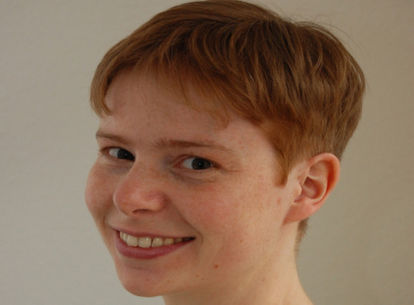
Jana Zaumseil wins the Alfried Krupp Prize for Young Professors.
Gates alumna Dr Jana Zaumseil has been awarded a one million Euro award for her work on nanoelectronics.
Jana [2003], at 32, was one of the youngest ever recipients of the Alfried Krupp Prize for Young Professors.
The Award has been given annually since 1986 by the Alfried Krupp von Bohlen und Halbach foundation to a German professor who has recently taken up a faculty position in natural science, engineering or medicine.
The award comes with one million Euros over five years with no restrictions. The idea of the award is to improve the funding of young professors with high potential.
The 2010 award was presented during a ceremony at the Villa Huegel on November 15th in Essen, Germany.
Jana has been a professor of nanoelectronics at the materials science department at the University of Erlangen, Germany since October 2009.
She completed her PhD in Physics at Cambridge in 2007 and held a named postdoc fellowship at Argonne National Laboratory in the US from 2007-2009.












